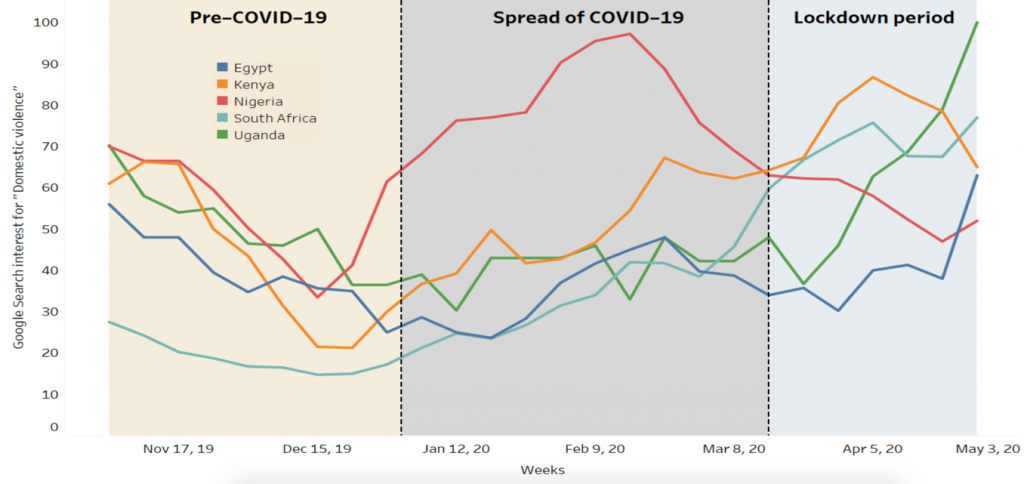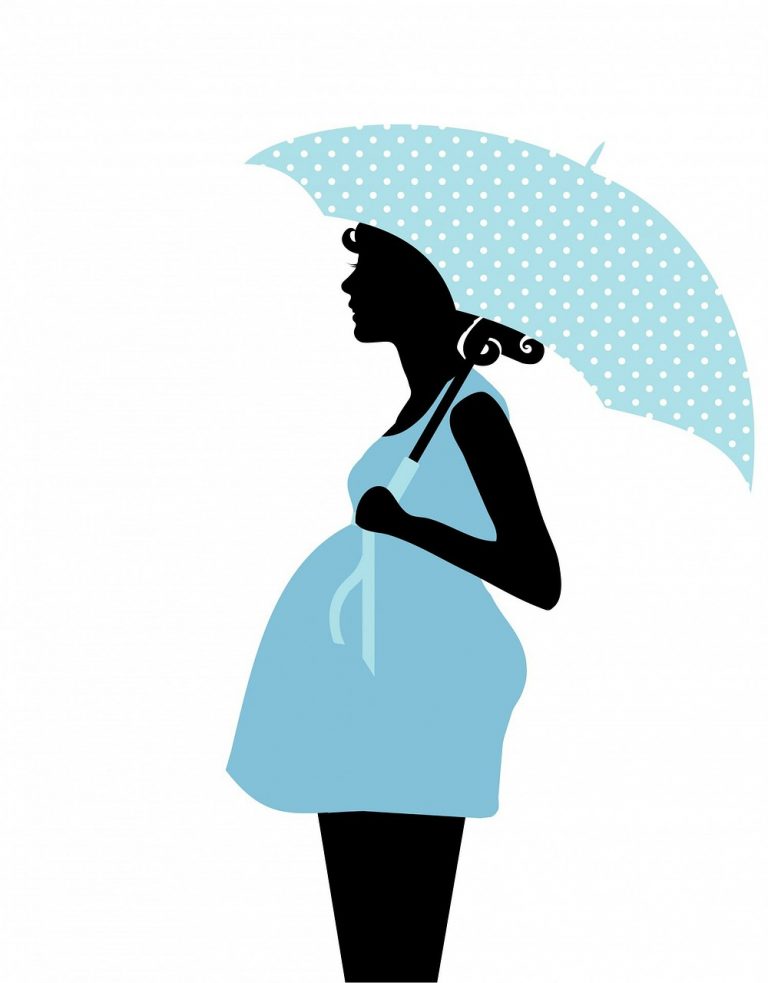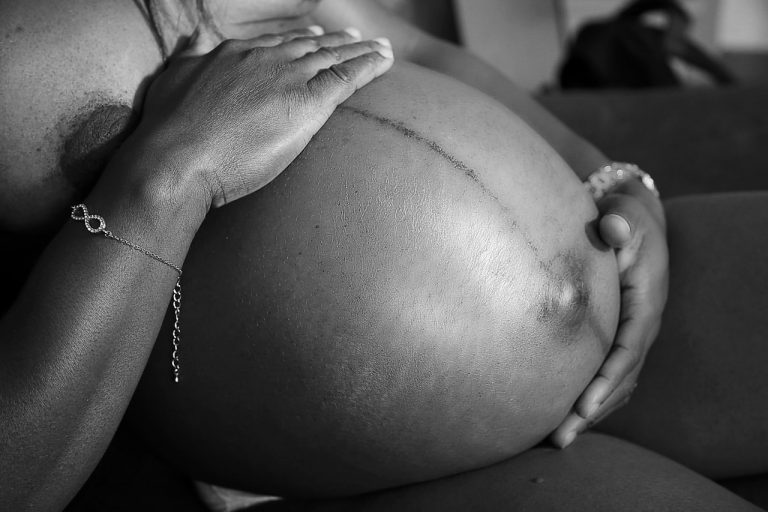With more than 6.26 million Corona Virus cases all over the world and more than 2000 cases in Kenya, an increase in reported cases of violence against women has been seen. As more and more people lose their jobs, breadwinners have been forced to sit at home. Additionally, with schools being temporarily closed, young girls have been forced to remain indoors assisting with the day to day activities.
The Kenyan feminist Center for Rights Education and Awareness have recounted that there has been an increase in violence against women. Wangechi Wachira, the director was quoted stating, “In our office, in a day, we receive between three to seven cases and these are cases where someone walks into the office or someone makes a call,” she said. “But within this period, we have seen those numbers go up. Just last week we had about an increase from seven cases to between 10 to 12.” On the other hand, Agnes Odhiambo, a researcher on sub-Saharan Africa with the women’s rights division of Human Rights Watch, says that during coronavirus restrictions, a large spike in violence against women is almost certain.
The causes of gender-based violence is normally attributed to power and control, and inequality. Generally, five in every 10 women in Kenya in the age bracket 15 to 49 (about 47%) have suffered one or another form of violence. With many staying jobless at home, this has presented the perfect environment for predators to take advantage of young women. People’s mental health have also deteriorated amid the pandemic forcing a situation of exploitation by generally non-abusive people who need to exert their dominance in an environment where they feel emasculated. Further, many victims of sexual violence were also unable to access medical services after their attack, due in part to the focus of services towards the pandemic. Human rights groups say until coronavirus restrictions are relaxed, cases of gender-based violence in Kenya will only rise.
Front Liners
In Africa, the socioeconomic conditions of women that have always existed, coupled with the gender norms, women have been exposed to the indirect and direct consequences of the virus. Women have been working as first responders in most essential services i.e. care givers leaving them vulnerable to infections and stress. At home, elderly relatives and children have additional needs especially with the closure of schools. The government has been urged to assist the vulnerable in the society through the Covid 19 fund that has been recently approved by parliament.
In an appeal to world leaders, U.N. Secretary – General António Guterres tweeted “for peace in homes around the world” stating that it is important to ensure the safety of women in their countries. In Kenya, calls for help against domestic violence increased significantly by 34% within the first three weeks of the curfew being announced. Furthermore, governments have been urged to support women who have reported cases of violence by taking reports seriously, monitoring abusers, restrict access of victims by the abusers, develop ways of receiving coded information from victims and implement policy changes. However, governments should be ready to encourage prevention through public awareness campaigns.
A surge in online abuses of girls is a disappointment as schools which are generally safe spaces for girls, are more vulnerable to human rights violations, including sexual and labor exploitation, human trafficking, female genital mutilation, early pregnancy, and early and forced marriage. Schools provide a channel via which violation or threats can be reported and action taken. This pandemic has shut down this key source of safeguarding and it will most certainly result in reduced protection for girls and less accountability for perpetrators who commit harm.
Diagram 1 – Domestic Violence in Select African Countries

Policy Reforms
In Kenya, several laws address violence against women, including the Sexual Offences Act, Children’s Act, Protection against Domestic Violence Act and Prohibition of Female Genital Mutilation Act—all of which are contained in the Constitution of Kenya’s Penal Code. These are supported by policies such as the National Policy for Prevention and Response to Gender-Based Violence, instituted in 2014. The country has also ratified several international and regional treaties that address the issue of violence against women, including the Protocol to the African Charter on Human and Peoples’ Rights on the Rights of Women in Africa, the
Declaration on the Elimination of Violence against Women and the Convention on the Elimination of Discrimination against Women (CEDAW) among others. Further, there are several Gender Based Violence Recovery Centres in hospitals such as the Gender Violence Recovery Centre of the Nairobi Women’s Hospital, a private institution.
Even with all these laws in place, women and especially young women are still experiencing GBV and domestic violence. Conversations on breaking the silence on violence against women in the country are being encouraged. Normalisation of violence has led to silence over the vice, which makes reporting and speaking out a challenge.
Additionally, our recommendations would be to urge the government to ensure policy implementation, appropriate accountability in funds allocation, creation of safe houses, provision of legal aid, Cash transfer, food distribution, and Sanitary towels, promoting gender based violence medical care and treatment, encouraging strategic partnerships and introducing of psychosocial and online counseling.


